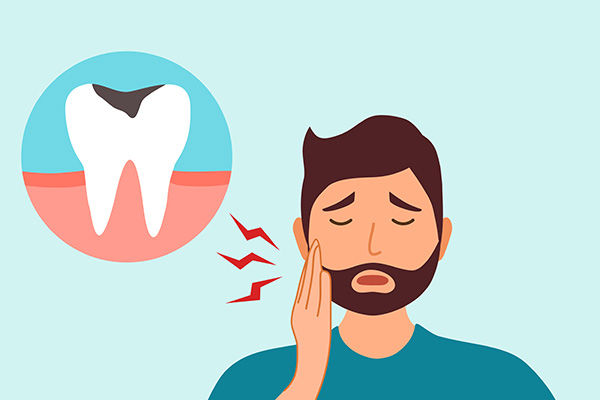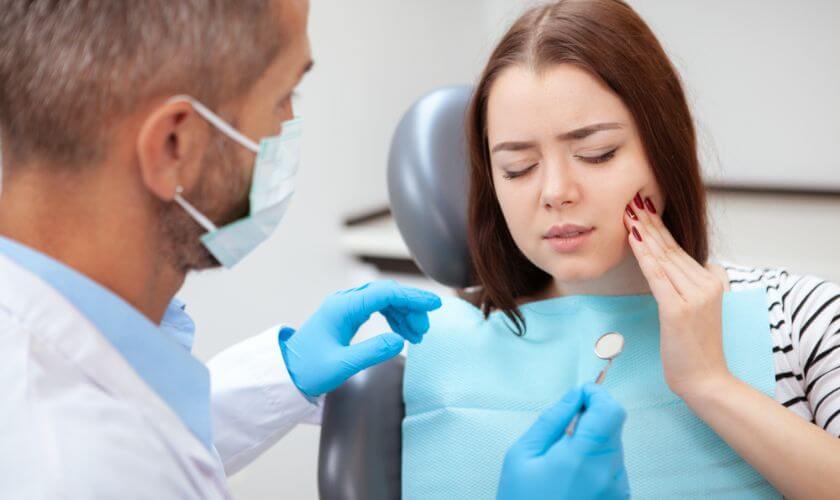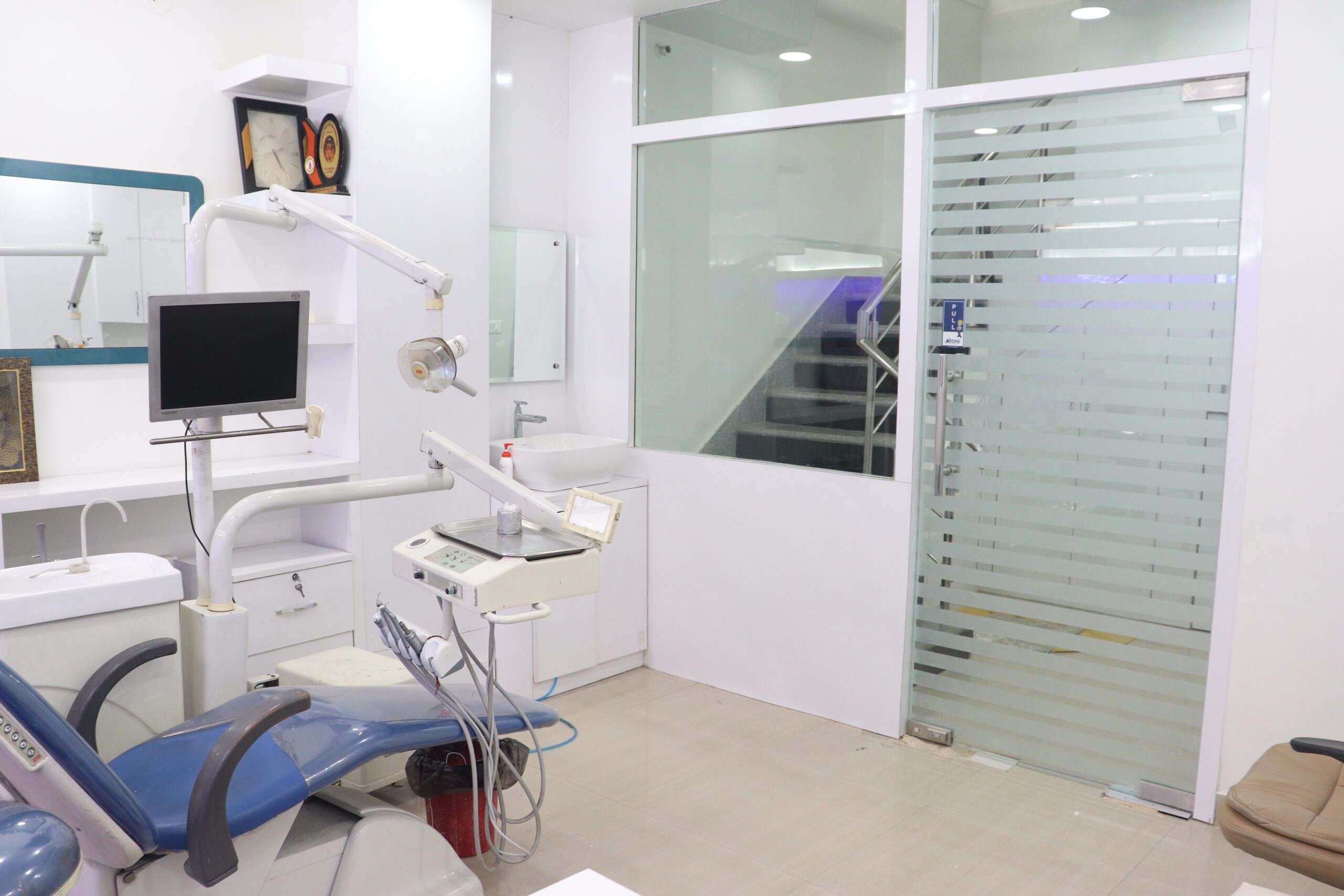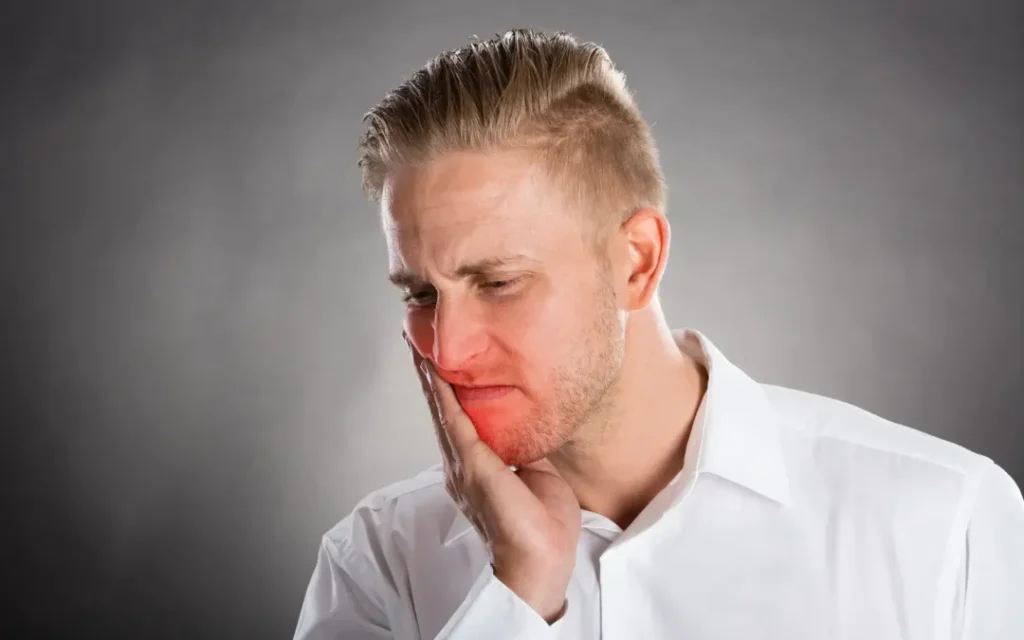Dental emergencies can happen at any time, and it’s important to know how to handle them when they do. Whether it’s a chipped tooth, a lost filling, or a toothache, knowing how to respond can help you avoid more serious dental problems down the road. In this article, we’ll take a closer look at some common dental emergencies and what you can do to address them.
Types of Dental Emergencies
There are a few sorts of dental crises that can happen. Here are a few of the foremost common:
- Toothaches: A toothache can be a sign of a serious dental issue, such as an infection or abscess. If you experience severe pain, swelling, or fever, seek dental treatment immediately.
- Chipped or broken teeth: If a tooth is chipped or broken, it’s important to see a dentist as soon as possible. If the chip is small, it may be possible to repair it with a dental filling or bonding material. If the damage is more severe, a crown or veneer may be necessary.
- Knocked-out teeth: If a tooth is knocked out, it’s important to act quickly. Rinse the tooth with water and try to place it back in the socket if possible. If this isn’t possible, place the tooth in a container of milk or saliva and seek dental treatment immediately.
- Lost fillings or crowns: If a filling or crown falls out, it’s important to see a dentist as soon as possible. A temporary filling or crown may be used to protect the tooth until a permanent solution can be found.
What to Do in a Dental Emergency
If you experience a dental emergency, it’s important to stay calm and take the following steps:
Contact your dentist: If possible, contact your dentist immediately to schedule an emergency appointment. Many dental offices have emergency contact information available for after-hours care.
- Rinse your mouth: If you have a toothache or other dental issue, rinse your mouth with warm water to help alleviate pain and swelling.
- Use cold compresses: If you have swelling or pain, apply a cold compress to the affected area to help reduce inflammation and numb the pain.
- Avoid hard or crunchy foods: If you have a chipped or broken tooth, avoid hard or crunchy foods that could further damage the tooth.
- Don’t use aspirin on the affected area: Aspirin can cause burning and irritation in the mouth, so it’s best to avoid using it in a dental emergency.
Preventing Dental Emergencies
While dental emergencies can’t always be avoided, there are steps you can take to minimize the risk.here are a few tips for avoiding dental crises:
- Wear a mouthguard: If you play sports or grind your teeth at night, wearing a mouthguard can help protect your teeth from injury.
- Avoid chewing on hard objects: Chewing on hard objects such as ice or pencils can damage teeth and cause dental emergencies.
- Visit your dentist regularly: Regular dental checkups can help detect dental problems early, before they become more serious.

In conclusion, dental emergencies can be stressful, but knowing how to respond can help you avoid more serious dental problems down the road. If you experience a dental emergency, contact your dentist as soon as possible, and take steps to alleviate pain and swelling until you can be seen. By taking




